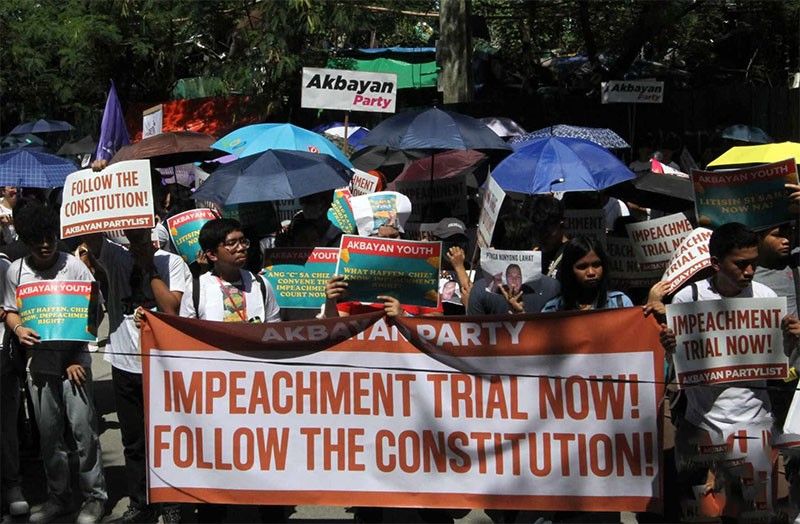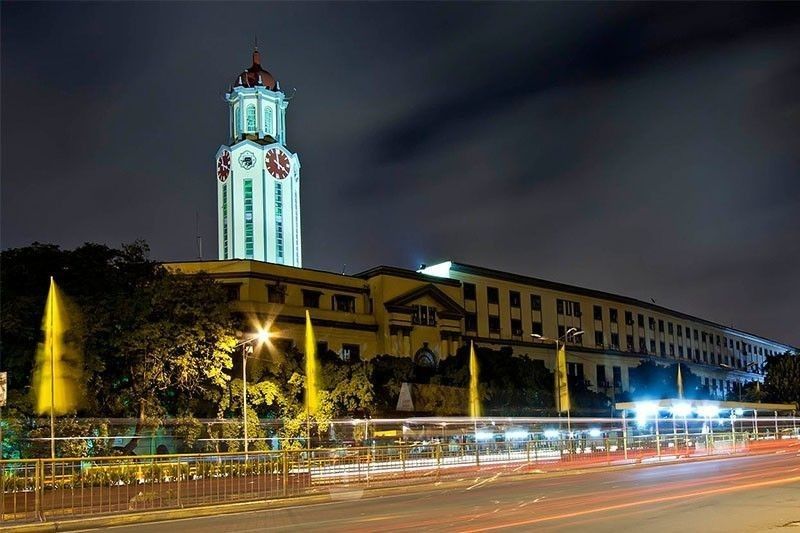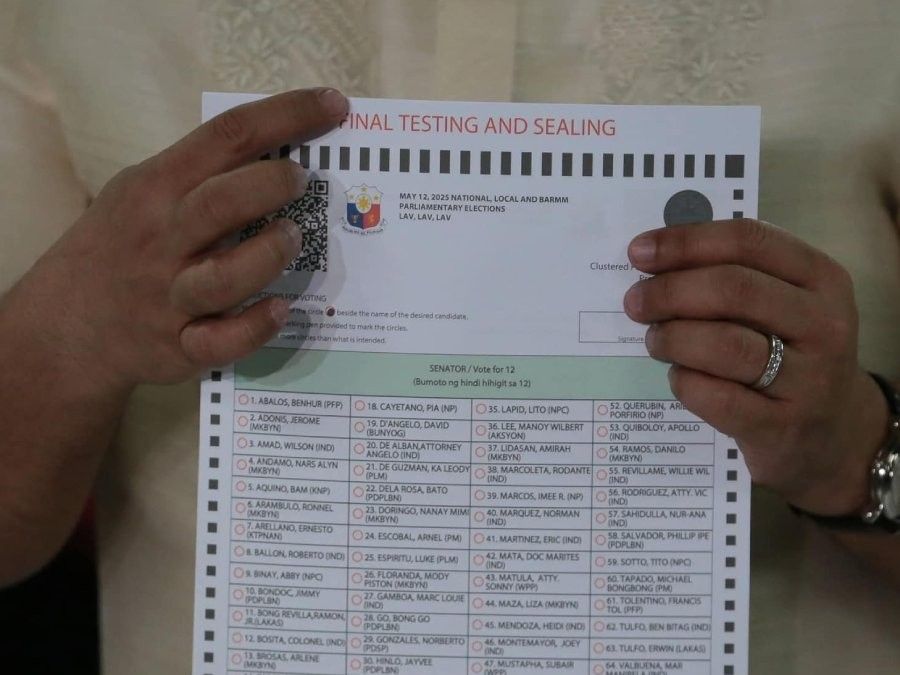
Upgrade to High-Speed Internet for only ₱1499/month!
Enjoy up to 100 Mbps fiber broadband, perfect for browsing, streaming, and gaming.
Visit Suniway.ph to learn
Former president Rodrigo Duterte attends first ICC hearing via videolink.
The Philippine Star via Facebook
MANILA, Philippines — The International Criminal Court (ICC) has denied the request of detained former president Rodrigo Duterte to disqualify two judges from the tribunal’s Pre-Trial Chamber I, which is expected to rule on jurisdictional issues in his case.
In a decision dated June 9, the plenary said that acting unanimously, it decided to “reject the application” of Duterte’s camp asking for the disqualification of Judges María del Socorro Flores Liera and Reine Adélaïde Sophie Alapini-Gansou.
“The plenary of judges, acting unanimously, decided to reject the Application. A fully reasoned decision of the plenary will follow,” a portion of the three-sentence decision read.
Duterte, on May 1, submitted a challenge with “respect to jurisdiction,” arguing that the ICC has no authority to hear the crimes against humanity filed against him.
He argued that the Philippines withdrew from the Rome Statute in 2021 when the probe into the drug war started.
Dismiss Duterte’s challenge. The Office of Public Counsel for Victims (OPCV) on Monday, June 9, submitted its observations to Pre-Trial Chamber I, urging the chamber to dismiss the jurisdictional challenge filed by Duterte.
The OPCV, which advocates for the collective interests of potential victims before a joint legal representative is designated, strongly urged the chamber to reject Duterte's challenge, asserting that the ICC clearly retains continuous jurisdiction over alleged crimes against humanity that occurred between Nov. 1, 2011, and March 16, 2019.
The OPCV further argued that allowing the defense's jurisdictional challenge would undermine the very purpose of the Rome Statute.
They contended that serious crimes would go unprosecuted if nations could simply evade investigations by deliberately withdrawing from the Rome Statute.
“Most serious crimes of concern to the international community as a whole will go unpunished and the effective prosecution of atrocities committed against countless victims will never materialize,” the OPCV said.
The former president was arrested on March 11 based on the ICC arrest warrant that was implemented by the Interpol and the Philippine National Police.
He was last observed publicly on March 14 through video teleconference for the formal hearing of the case against him.
His next scheduled appearance is before the Pre-trial chamber I on September 23 for a hearing to confirm the charges.

 1 day ago
6
1 day ago
6



